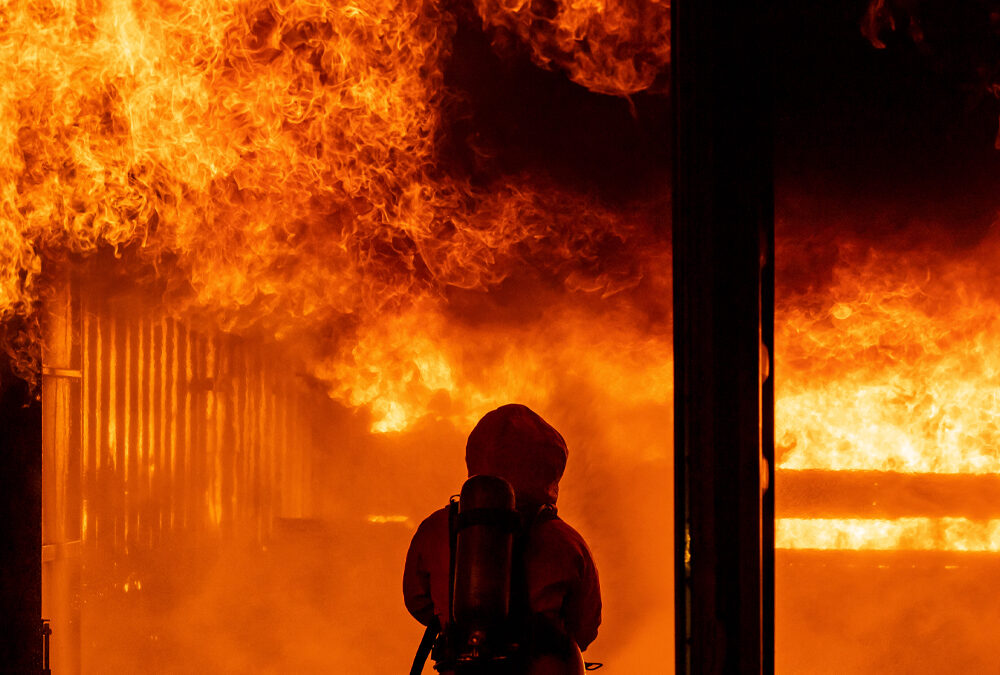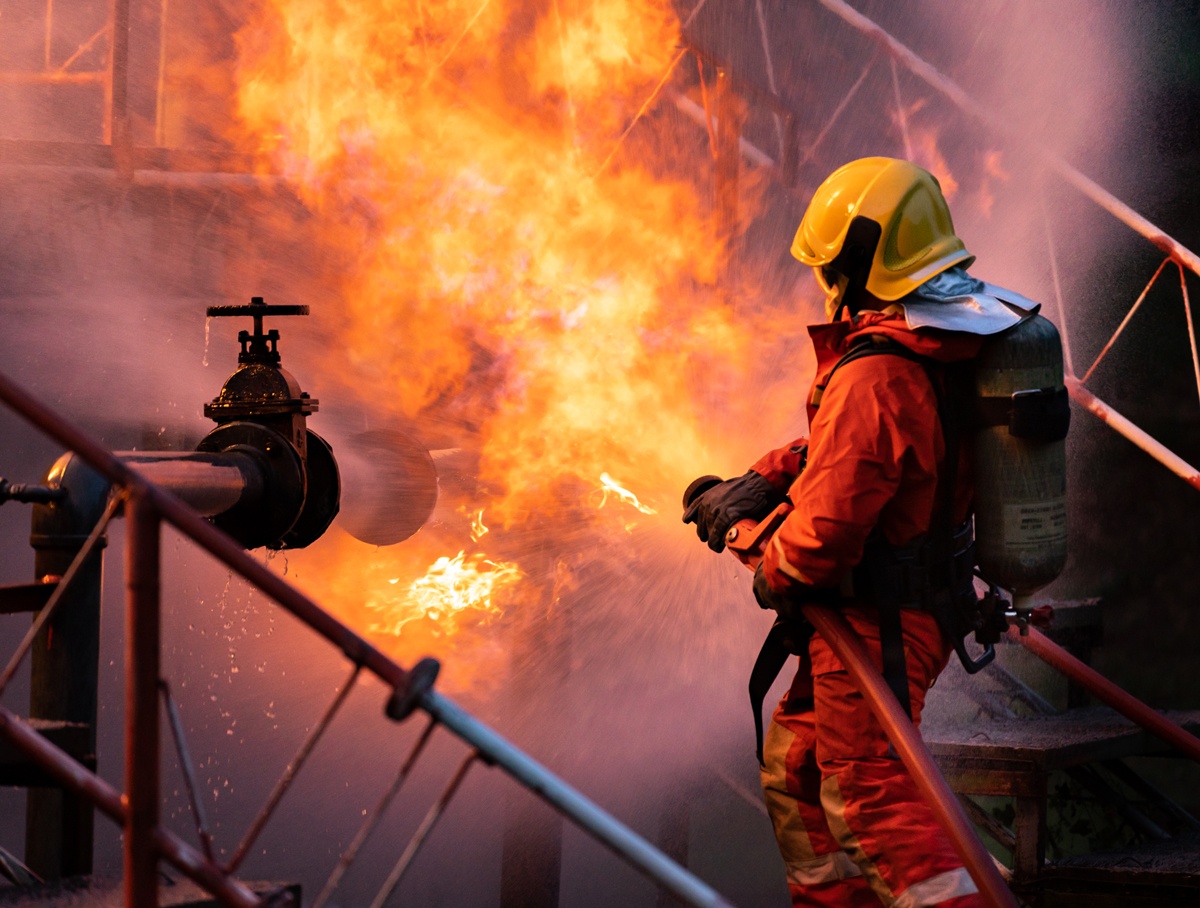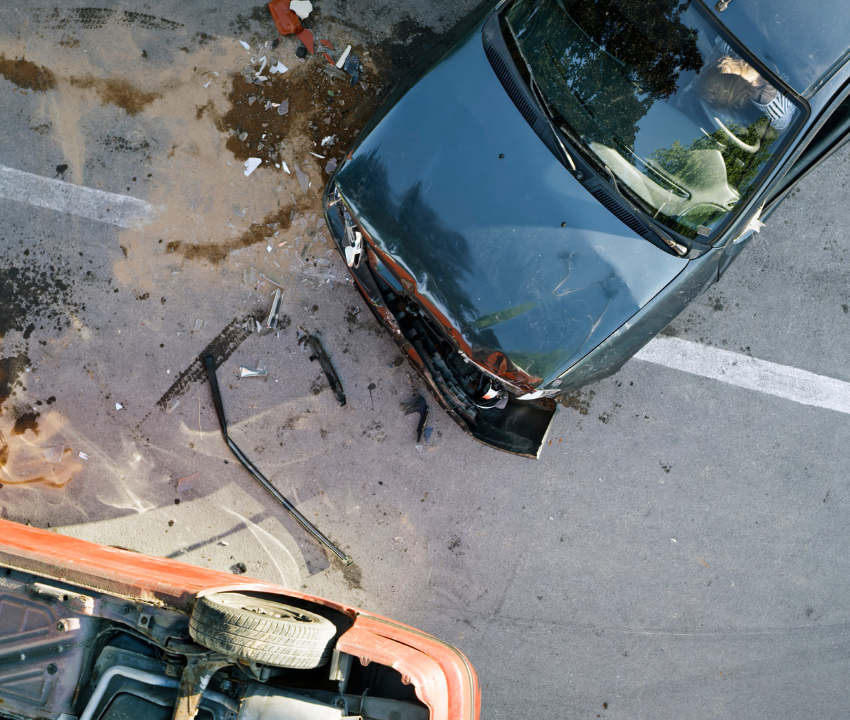The industrial revolution brought about accelerated change in the United States. New laws had to be enacted to protect workers, improve working conditions and establish workers’ rights. Despite these efforts, serious industrial accidents happen every day.
Industrial accidents are often catastrophic. They often have a permanent effect on workers, the environment, and the people around them. This article presents the four worst industrial accidents: the explosion at the T.A. Gillespie Company, the Texas City Refinery Explosion, the Great Molasses Flood, and the West Fertilizer Plant Explosion.
Explosion of the projectile loading plant of the T.A. Gillespie Company
On October 4, 1918, in Sayreville, New Jersey, things seemed to be going well in the world’s largest munitions factory. The projectile loading plant of the T.A. Gillespie Company was known throughout the world for its superior quality military projectiles. In fact, this plant was responsible for supplying 10% of the projectiles used by the American forces on the European Front during the First World War.
As the evening approached on that cold October day, molten TNT was poured into 153m shells to complete one of the day’s final product shipments. Heat from the TNT ignited one of the shells, causing a fire that engulfed nearby freight cars loaded with hundreds of other shells. The fire caused the shells to explode, leading to more fires and explosions lasting more than two days.
More than 30 million pounds of explosives went off between October 4-6, 1918, causing 300 buildings, including nearby houses, to be razed. The total cost of the damage was $ 18 million, and a hundred people died, making this one of the worst industrial disasters in American history.
Texas City Refinery Explosion
On March 23, 2005 in Texas City, BP workers returned to work after lunch. As the third-largest oil refinery in the United States, BP’s Texas City refinery was responsible for 3% of the nation’s gas supply, processing 433,000 barrels of crude oil per day.
As a result of a malfunction with several level gauges, an interceptor drum overfilled, causing concentrated hydrocarbons at ground level to spread throughout the area. BP authorities called for all machines to be turned off, but it was too late. An explosion caused by flammable gas that entered the engine of a nearby diesel truck caused 15 deaths and 100 injuries. The damages were very great and BP ended up paying millions in compensation to its employees after accepting the blame for failing to follow proper safety precautions.
The great molasses flood
In 1919, there was a great demand for molasses in the United States. Industrialists realized that this type of alcohol could be useful in a number of different industries, including the fuel industry.
In January of that year, a large tank carrying two million gallons of molasses was moving through Boston, Massachusetts. The drop in outside temperature caused the metal to weaken, pressure to build, and the container to explode. This sent a wave of molasses into the streets, crushing buildings and trapping horses and people. Due to the low temperatures, the molasses did not spread as it normally would, making it thicker. People trapped in the molasses died from suffocation or were crushed by the weight of the liquid and debris. The total death toll was 21, and 150 people were reported injured by the event.
West Fertilizer Plant Explosion
The most recent industrial disaster occurred on April 17, 2013, in West, Texas. In the late afternoon, a fire was reported at the plant. Twenty minutes after the call, the plant exploded when flames came into contact with flammable chemicals inside. The resulting explosion exploded with the force of 8-10 tons of TNT and left a 93-foot-diameter crater.
The blast spread, destroying between 60 and 80 nearby houses and a 50-unit apartment building. Between 50 and 75 more homes were damaged, as well as a high school, a nearby nursing home and the West Volunteer Ambulance Station. 15 people were killed in the blast and another 150 were injured. The cause of the fire is still unknown, although some authorities suspect it was started.
Have you suffered a work accident at work? Schedule an appointment with us today
Make an appointment today: 210-342-2777
*Information obtained from: juanlaw.com







